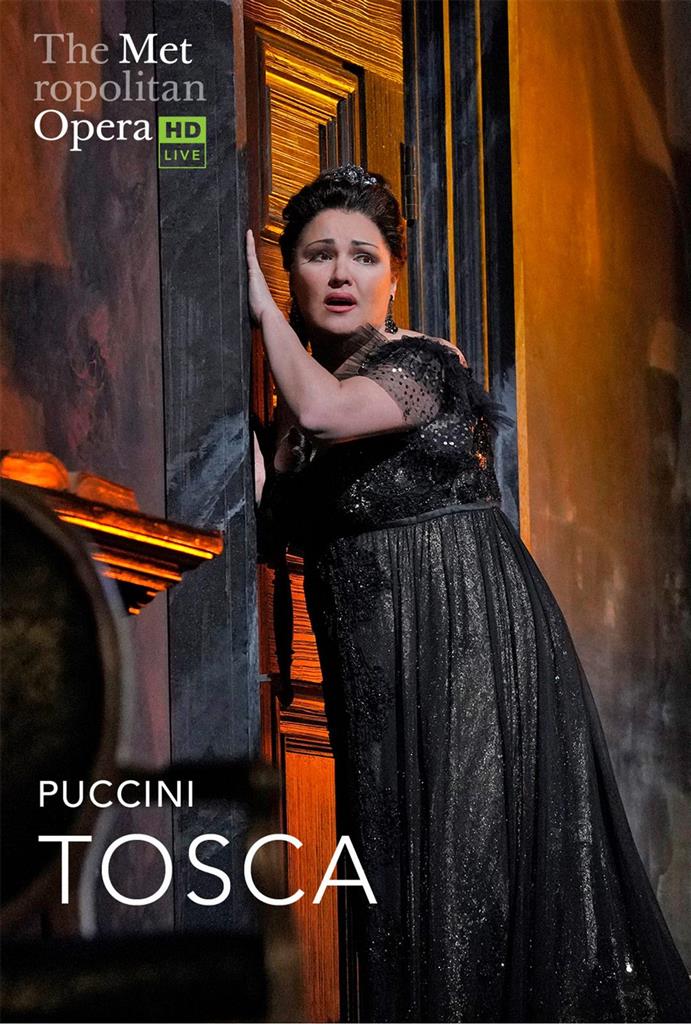

The plot of Tosca concerns the passionate feelings of two men for the same woman, Floria Tosca, a celebrated singer. The enthusiastic applause he received would have been just as great in Milan or Vienna. While allowing the singers ample time to support their voices and mold their phrases meaningfully, Barrese never allowed tension to flag during the moments of tense repose Puccini provides in Acts 2 and 3. In this production, Anthony Barrese, delivered an interpretation which was both technically impeccable and deeply infused with dramatic urgency. This places tremendous demands on the judgment and skill of the conductor. The predictable result was an intensely exciting and memorable evening of theater.Īpart from his immense gifts as a melodist, Giacomo Puccini (1858-1924) brought to the libretto of Tosca a deep commitment to Richard Wagner’s ideal of opera as the “gesamtkunstwerk,” or “complete artwork,” in which music is inseparable from drama, and in which sight, sound and thought are fused to achieve a single artistic purpose. The performance on Friday night by Opera CdA brought together singing actors, musicians and production specialists fully equal to the stringent demands of Puccini’s score.

Tosca has remained among the world’s most popular operas since its premiere in 1900, and for very good reason: it is a masterful construct of plot, character and music that grips the viewer from the first notes and carries him inexorably along to the tragic conclusion.


 0 kommentar(er)
0 kommentar(er)
